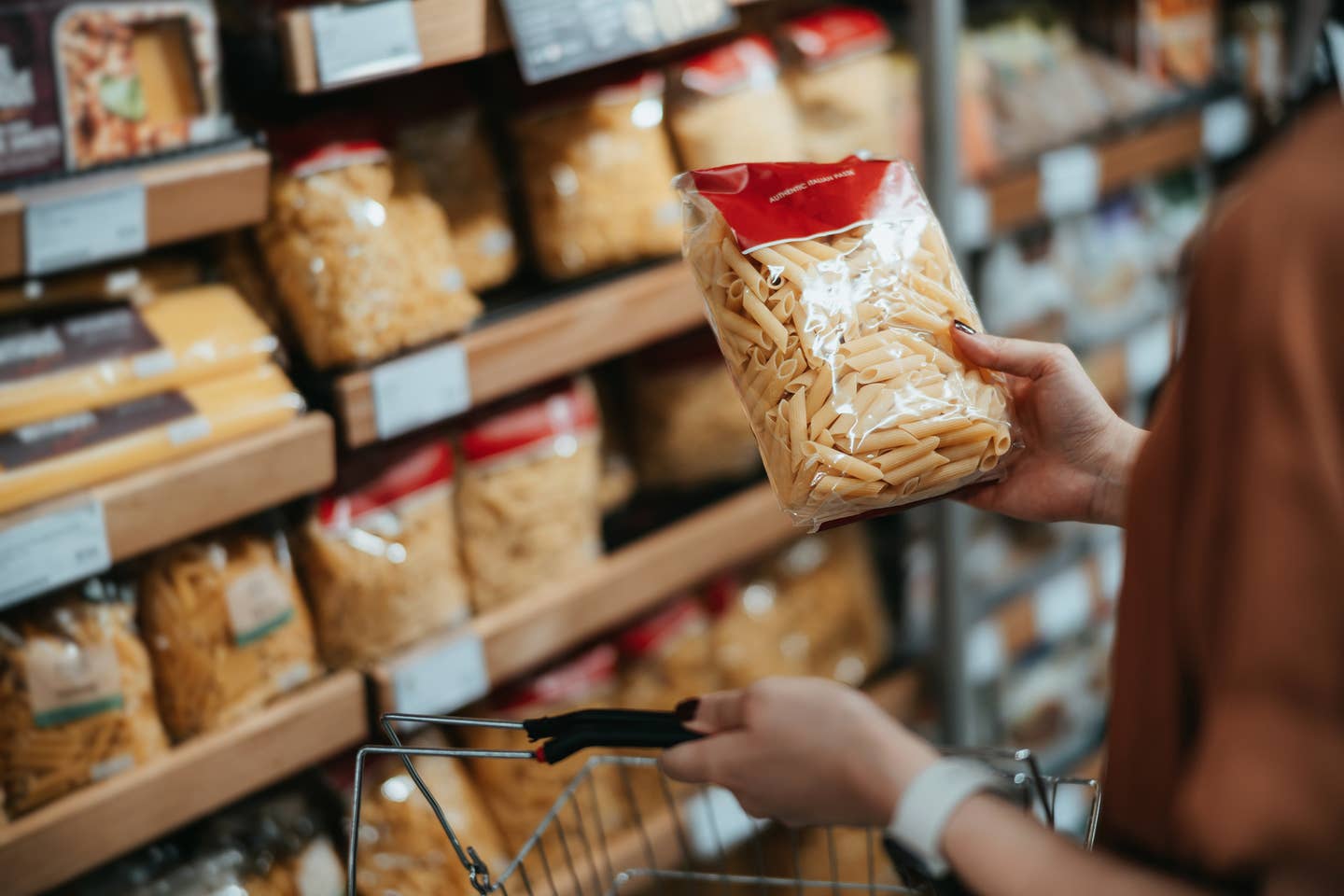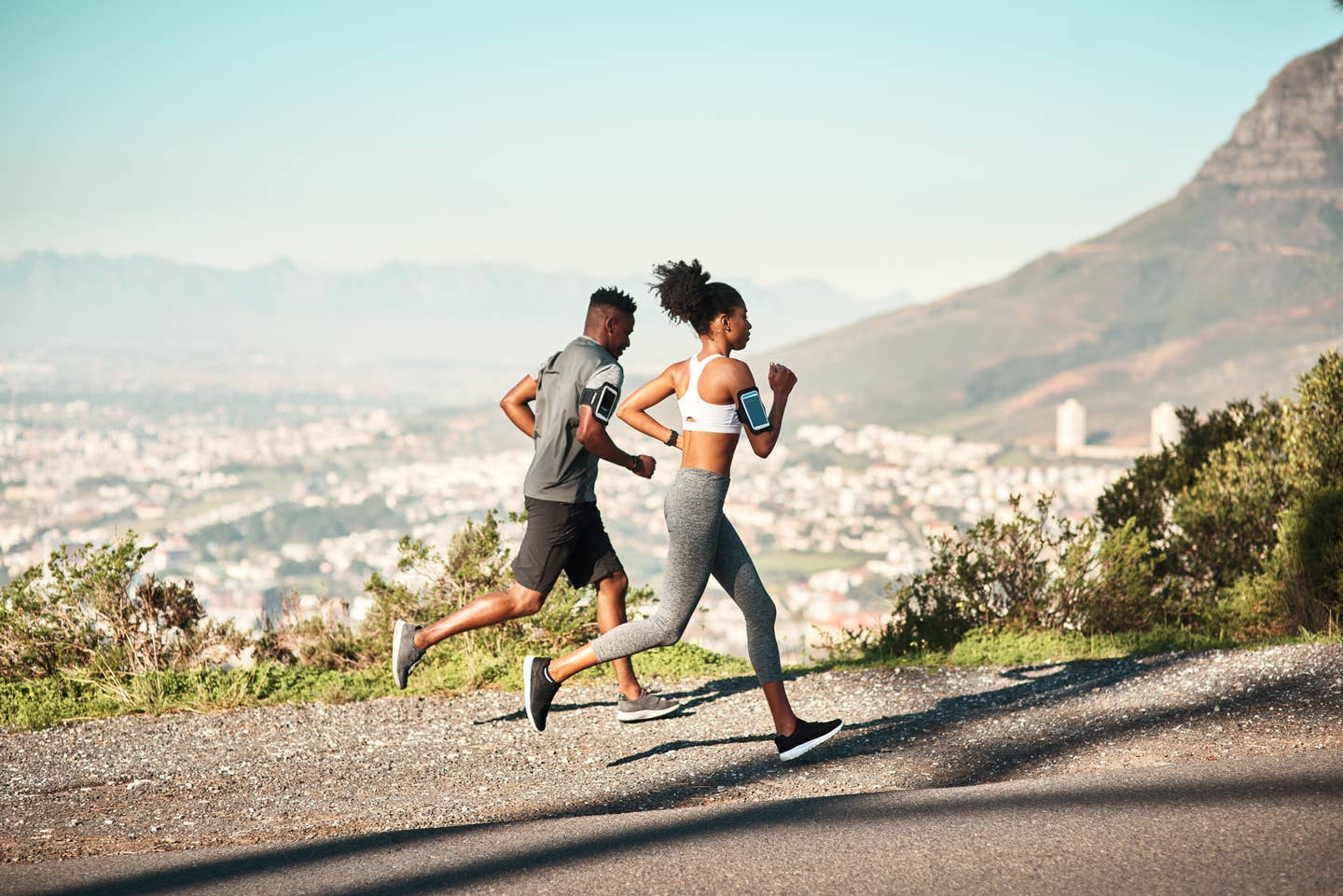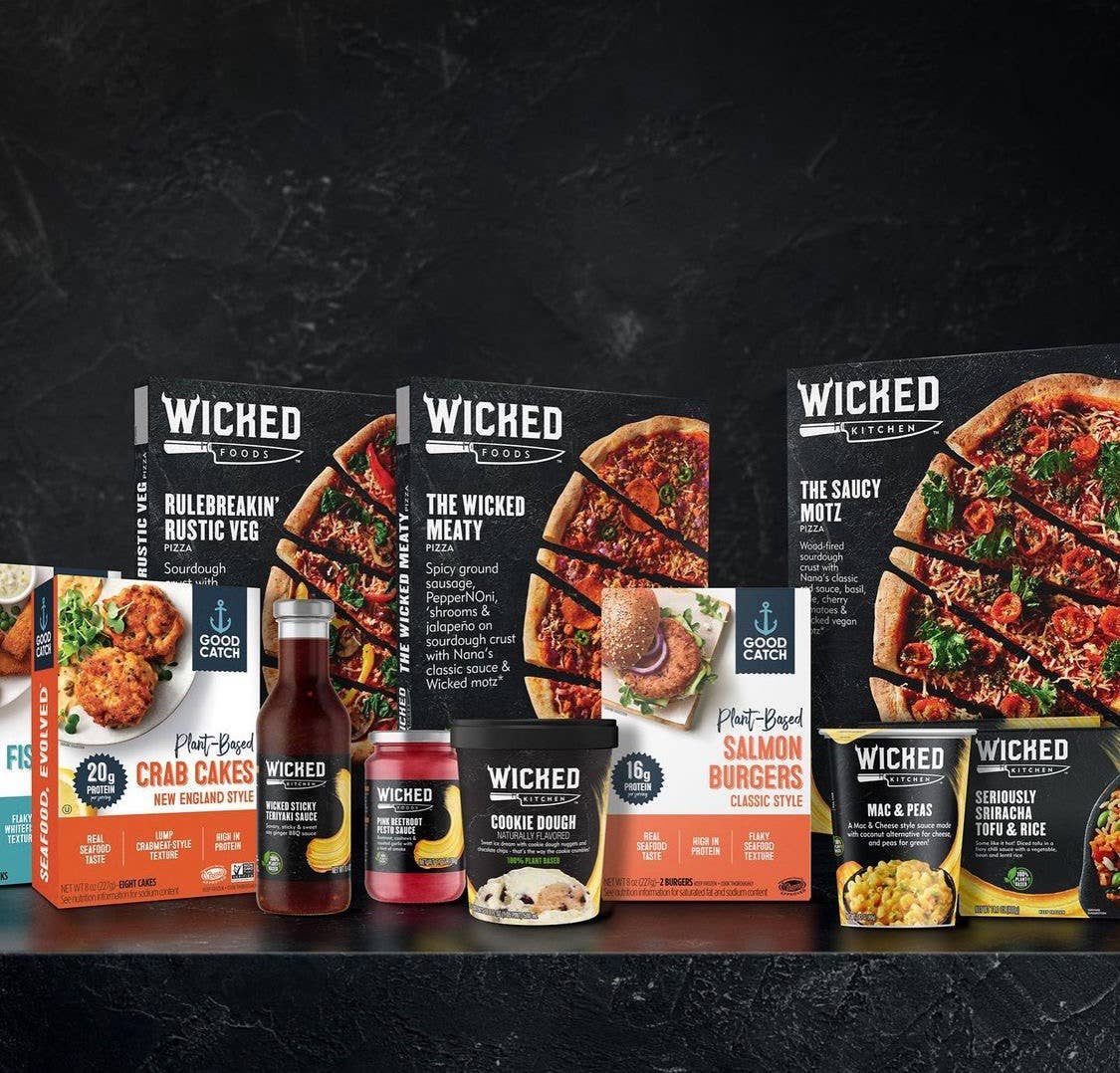
TOMS Founder: This is the Time to Break Habits, Ask What’re You “Madefor?”
Blake Mycoskie, the founder of TOMS Shoes, should have been able to check every box and feel happy. He was a successful entrepreneur who innovated a give-back program--called One for One-- which was the first "buy one, give one to someone in need" model now used by Bombas and others. TOMS (which he explains stands for Tomorrow, optimistic that they were improving lives) began when Mycoskie traveled to Argentina and saw many, many young kids without shoes. He first went there as a contestant on the Amazing Race and returned on vacation --which is when he made the decision to launch a shoe company and provide shoes to kids in need.
Fast forward to a day spent surfing not long ago. Everything should have been great: He had sold half of the company, was worth in the hundreds of millions of dollars and yet. . . he was depressed. In his words: not "majorly" depressed but "got to make some changes" depressed. Giving back was one of the missing pieces for Mycoskie, but so was the idea that he wasn't sure what to do with the rest of his life. Checking boxes, other people's boxes, was not enough.
The idea for a new company started to take hold, one that would help people reinvent themselves, change small habits, become better at everything from sleeping to time management, drinking more water and taking care of the things that stand in the way of reaching your fullest potential. It would be called "Madefor" as in helping you answer the question: "What are you made for?" "
Everyone asks what are you made of, Mycoskie says. "But that's not the right question."
He aligned the perfect partners, a dream team of a Stanford neurologist, a former Navy SEAL and himself, both seeker and finder. They found other experts and together they created a unique curriculum guide that would help people to learn how to use scientifically proven techniques and behavioral changes to break bad habits, one by one--over the course of ten months--and ponder the bigger question: What are you made for? It may not be what you think
Madefor launched right before this period of a forced time-out from the grind, and Mycoskie sees a strange synergy to the sheltering-at-home timeframe and his guided program for change. The cost is steep: Madefor customers pay $95/month (or $750 all at once); they receive a kit or box with a few key self-improvement props in it (it is proprietary but the website offers a water bottle, a modern version of an hourglass timer, other beautifully curated items. They read a short article and start to learn to modify their behavior from the kit, tackling sleep, hydration, time management, etc. one each month. (Mycoskie is quick to add that they do consider "scholarships" for those customers who need one, and the site has a place to apply for this consideration.)
"You may think you have one of these under control but you learn you could do much better," he says. Here is what Blake has learned (his sleep habits needed a complete makeover) and what he wants you to get from the journey if you sign up to be a participant and use this gift of time to work on your essential self. Surprisingly people keep writing in that they are losing weight, though weight loss is not part of the plan. "It's just that as they get more mindful about what they are drinking, they get more mindful about everything," he explains. Blake's take:
Q. Connect the dots from: "Guy Who Has it All, to Guy Who Wants to Rebuild it All"
A. The TOMS story really leads to this story. It's an evolution of where I'm trying to help people and why. I sold the company four years ago and I felt that in that moment, at that time, I was checking some boxes that would make me feel fulfilled. I couldn't give it all the attention, [as I did when I founded it] because I just got married and had a child and I had worked since I was 18 years old and I was ready to take a break.
I had checked all the boxes that society and my parents told me would lead to a happy and fulfilled life. I got to the point where I had mild depression and contemplated taking anti-depressives, but really I found there were parts of my life that I was neglecting.
And that would create more of a feeling of wellbeing. Being in modern times, we are all constantly thinking 'I should be doing more.' But ultimately what led to going down this path and turning it into a business was meeting my partner, Pat who believed in teaching people practices to improve people's lives. So I started going down my own path.
Q. So you and the Navy SEAL decide to put people through a sort of boot camp?
A. Then we met Dr. Andrew Huberman, from Stanford, They were doing some great research on best practices in behavior science, and how to change some habits that would lead to people improving their lives. Pat's background in the military as a Navy SEAL really resonated with me as well. But at that point, I had no idea that it would lead to creating a ten-month program that would lead to this kind of work
We launched this just two weeks before coronavirus pandemic hit. We had 1,300 people go through the beta last year and got incredible testimonials about how it improved their lives. The program helped them take control over small things that gave them a big impact. People say these gave them self control and self-agency. They feel a lack of control. They don't know when this crazy time is going to end, whether the will have a job afterward, or how to pay their rent. There is a total lack of control.
We have people in it who say it's the perfect time to help them have something good to take out of it--to be stronger.
Q. So if you can control the little things you can control the bigger things?
A. Yes. You find the few small things that you can do every day that you can build a routine around, and that will help you get through this.
One example is a simple one. I do it every morning. I try to wake up every morning and not go to my digital devices first thing, and have 20 minutes to drink a cup of coffee or tea. I wake up before my kids, and I do a simple breathing exercise. Not an elaborate meditation but I connect with myself and the day and that prepares me for everyone and everything I could be hit with. I am actually quarantined with my ex-wife and my kids who are 2 and 5, so I know there are things I can't control.
If you can move your body, but how do you connect with how your body moves, so it can feel good with all your environments. What are the basic movements everyone can do regardless of your fitness level; something that you can do every day, whether you are going for a walk or a vigorous workout. Something you can do every day and give structure to my day as well.
Q. Everyone is stressed now, so you are asking them to do more?
A. People are snacking like crazy. when you have stress. One way people deal with stress is by eating. And there is a whole month in Madefor where we focus on intuitive eating and we document what they are eating and how they feel after. If you bring intention and pay attention to what you're eating and how you're feeling and when you do that you will decide to eat better. Not any single diet works for everyone. But something important is what works for you. The only way to know that is to keep track of what you're eating and how you're feeling after. If eating a bunch of chips and sugary cereal probably not.
Madefor is all remote. We had no idea how it was going to happen ... Two things in the science that are true: You can't learn a new habit while you're learning something else. You can't listen to a podcast and change your life; You may be stimulated but you don't start that new habit from it. So we only focus on one thing at a time. You get a box that has all the tools and information to learn this new practice that month. Everything comes in the box. So the more you can focus on Madefor without digital distraction, the more you will do it.
Q. What have you personally learned that has changed your outlook?
A. The biggest change is I put more emphasis on how I prepare for going to sleep and how I wake up and that improves the quality of my sleep. Starting two hours before going to bed, I get ready for sleep. So the protocols change and it helps me sleep better.
Q. Do you think this will change our daily life when things get back to normal?
A. Life will not be normal again. People are learning to ask questions, to rethink their environment, and capitalism, and government. And to engage with those things that we can control. The more you have personal control over your wellness and energy level, the more it will be better for you.
We didn't have a name for this until recently. I kept realizing the "made for" idea came up. The question we are trying to help people answer is what am I made for? We are helping people answer that question. You've got to have the stillness to answer it. That is why we made it analog. It forces people to be still and answer that question.
More From The Beet






